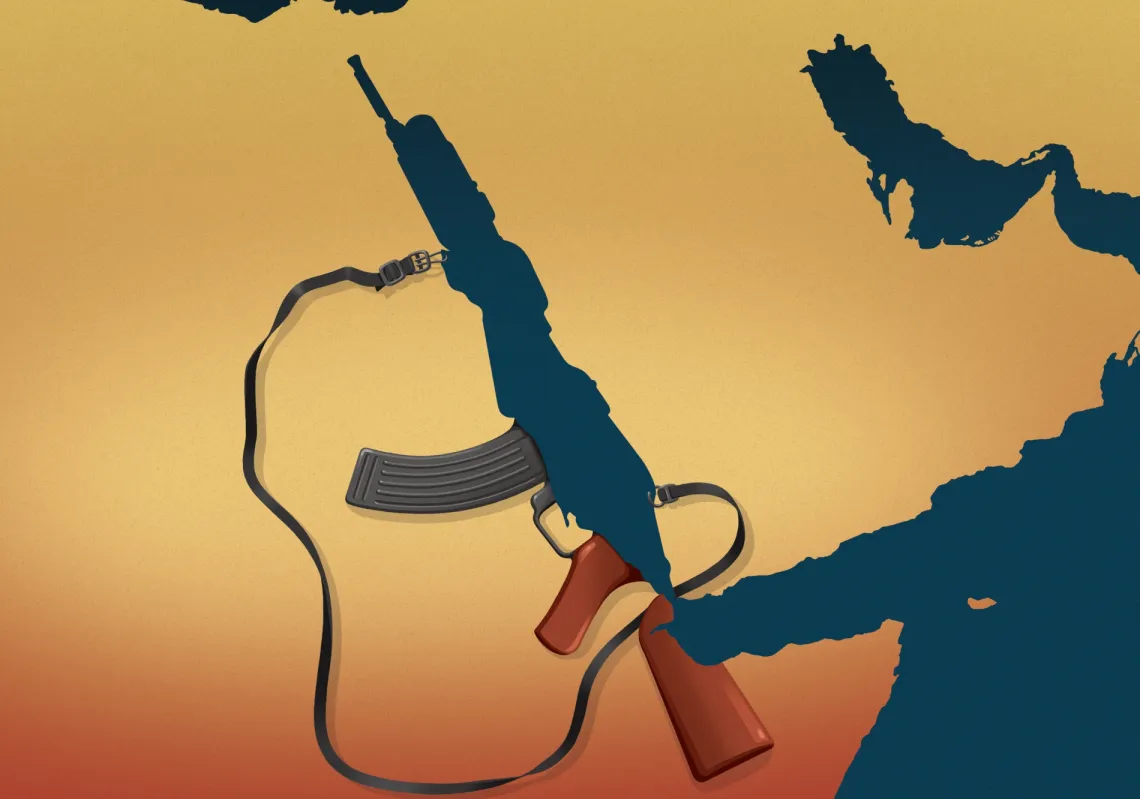Seventy-five years ago, in the ashes of World War Two, and the unprecedented human suffering it caused, nations laid out a way to build "the foundation of freedom, justice and peace in the world," by ensuring the fundamental rights of everyone, everywhere.
This principle was captured in the Universal Declaration of Human Rights, which was adopted in 1948. The World Health Organization was founded the same year, with its Constitution enshrining health as “one of the fundamental rights of every human being without distinction of race, religion, political belief, economic or social condition.”
On the 75th anniversaries of these monumental milestones, we should be celebrating the great strides made in advancing human rights and improving many vital health indicators.
But as 2023 ends, the world is embroiled again in war and crisis. Conflicts in Gaza, Israel, Ethiopia, Sudan, Ukraine, Russia and Myanmar and beyond have caused unimaginable pain, despite repeated calls to respect International Humanitarian Law. Populations have struggled with the aftermath of earthquakes, floods and droughts made worse by the climate crisis.

Health facilities and workers have counted among the casualties of such crises, and far too many people have needlessly died or suffered catastrophic physical harm.
The anguish seen on our screens induces deep shock and anger. And yet these blood-soaked images are just the tip of an iceberg when it comes to even more pervasive infringements on the right to health for hundreds of millions.
For when acute crises end, the underlying exclusion and discrimination concealed below remain. Addressing these preventable rights violations requires world leaders, and others wielding power and responsibility, to take seriously their duty to respect, protect and fulfil human rights.












